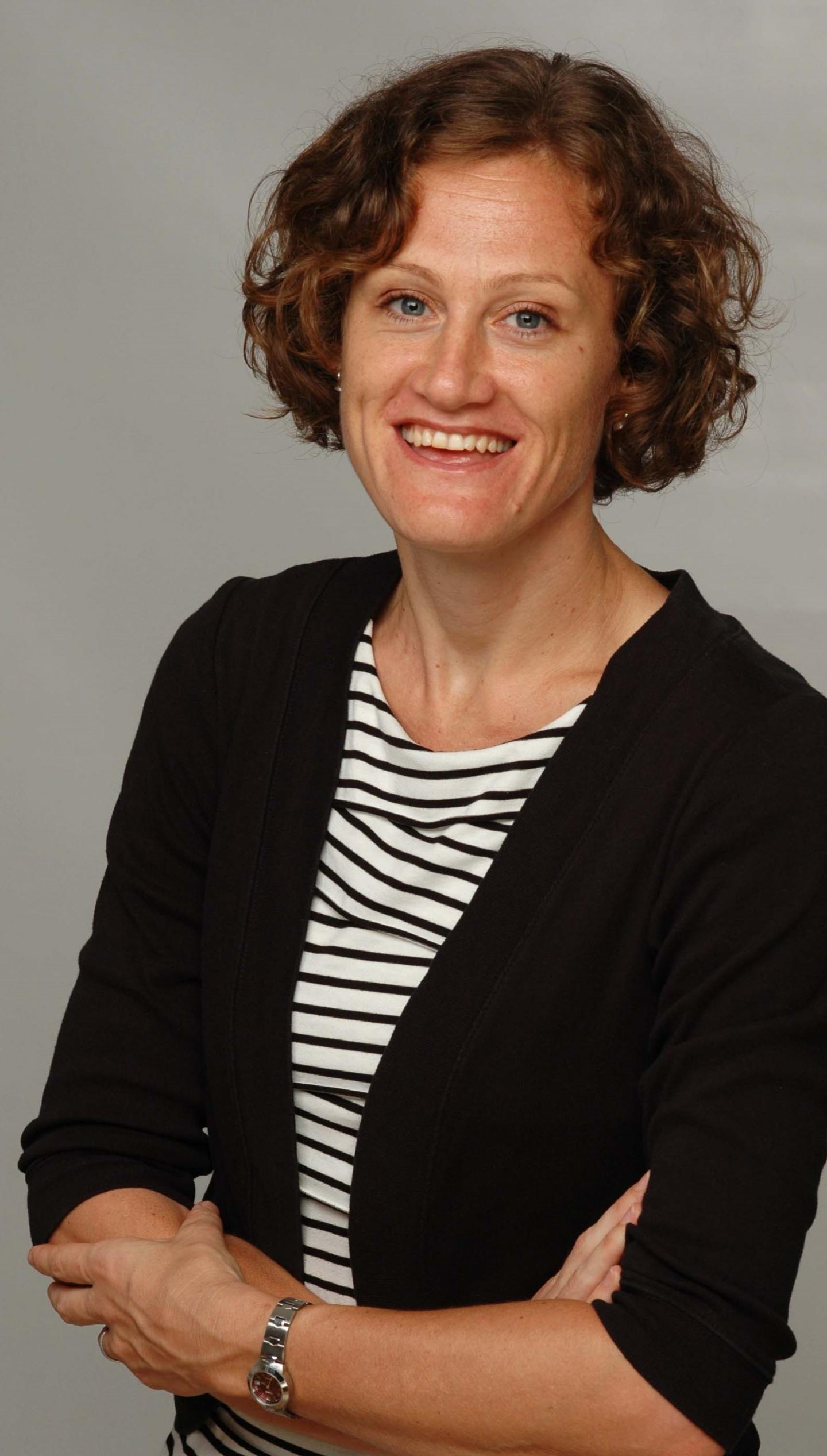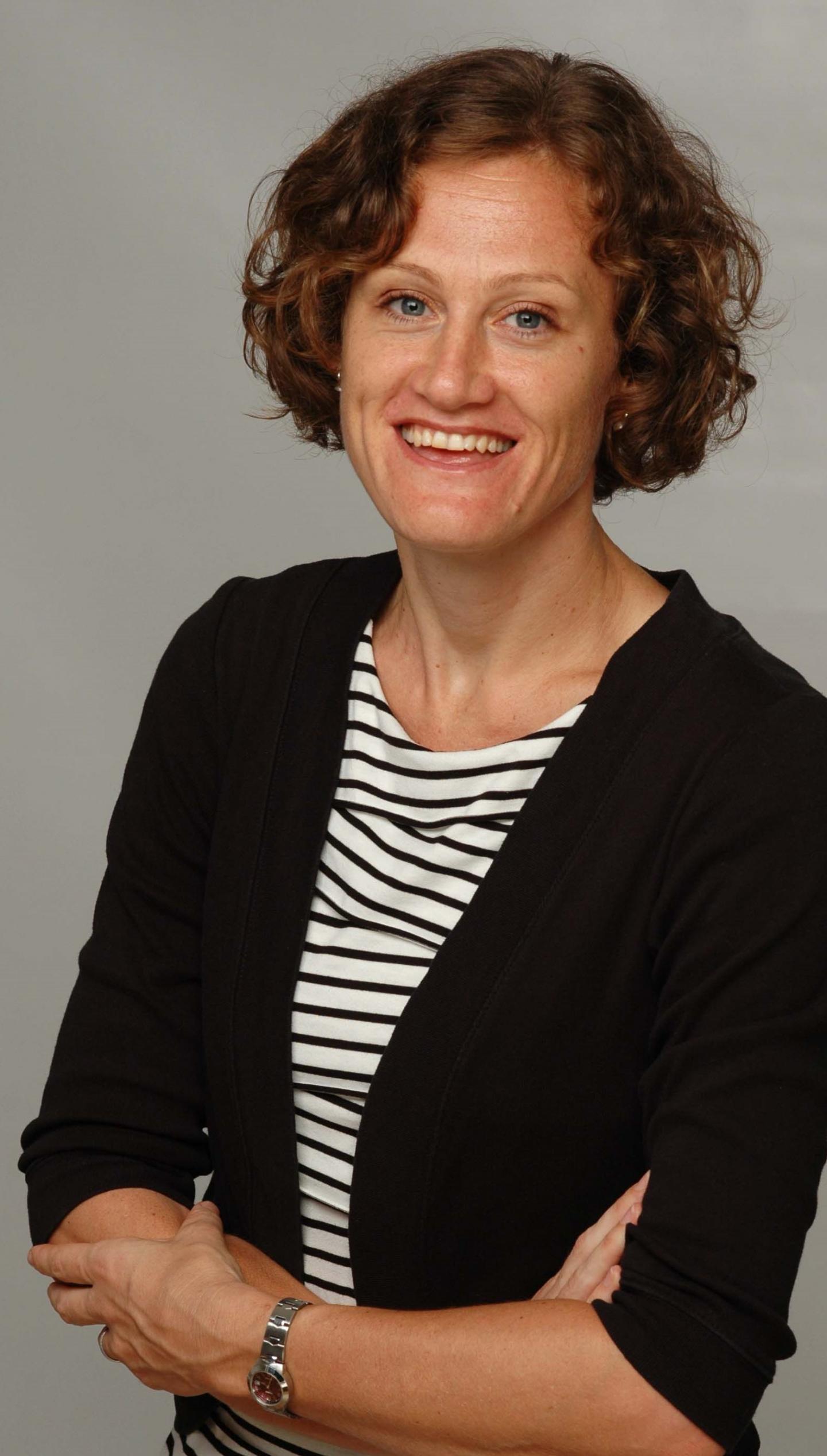
Credit: UMass Amherst
AMHERST, Mass. – On International Safe Abortion Day, Sept. 28, an international research group reports in a new paper with senior author Leontine Alkema at the University of Massachusetts Amherst that out of the 55.7 million abortions that are estimated to have occurred each year between 2010 and 2014, almost half (45.1%) were unsafe.
Further, they found that the global proportion of unsafe abortions is significantly higher in developing countries than developed countries, 49.5 percent vs. 12.5 percent. "When grouped by the legal status of abortion, the proportion of unsafe abortions was significantly higher in countries with highly restrictive abortion laws than in those with less restrictive laws." Details are in the current issue of The Lancet.
Alkema, an assistant professor at the School of Public Health and Health Sciences at UMass Amherst and lead statistician on the project, with her biostatistics graduate student Zhenning Kang and 11 other members of a working group on estimating global abortion incidence and safety co-led by the World Health Organization (WHO) and the Guttmacher Institute, write that while scientific advances now make safe abortion possible at the primary care level, "unsafe abortions persist, and result in a high burden of complications," including maternal deaths and high costs to women, families and health systems.
They urge that "increased efforts are needed, especially in developing countries, to ensure access to safe abortion."
Using "all available empirical data on abortion methods, providers and settings" and taking into account factors affecting safety they estimated the distributions of abortion worldwide by safety categories based on the WHO definition of unsafe abortion and WHO guidelines on safe abortion.
Alkema says, "Earlier studies on this topic defined unsafe abortions as those that take place illegally or in countries with restrictive abortion laws. This is the first study to produce information on abortion safety that directly relates to the WHO definition and guidelines related to safe abortions."
The researchers categorized abortions as "safe" or "unsafe" and created two subcategories within the unsafe category, "less safe" and "least safe". This distinction was used to offer "a more nuanced description of the spectrum of varying situations that constitute unsafe abortion."
As Alkema explains, "For an abortion to be safe, both the method used as well as the abortion provider need to be in line with WHO guidelines. Unsafe abortions include all other abortions but those range from the very unsafe use of dangerous invasive methods provided by untrained individuals to the relatively safer use of abortion drugs outside formal health systems. Hence the further break-down of unsafe abortions into less and least safe is important to provide a better understanding of abortion safety."
Of the 25.1 million unsafe abortions that occurred annually between 2010 and 2014, 8.0 million were estimated to be least safe. Of these least safe abortions, almost all, practically 100 percent, according to Alkema, occurred in developing countries.
###
This work was supported by the UNDP/UNFPA/UNICEF/WHO/World Bank Special Programme of Research, Development and Research Training in Human Reproduction, the David and Lucille Packard Foundation, the U.K. government, the Dutch Ministry of Foreign Affairs and the Norwegian Agency for Development Cooperation.
Media Contact
Janet Lathrop
[email protected]
413-545-0444
@umassscience
http://www.umass.edu





